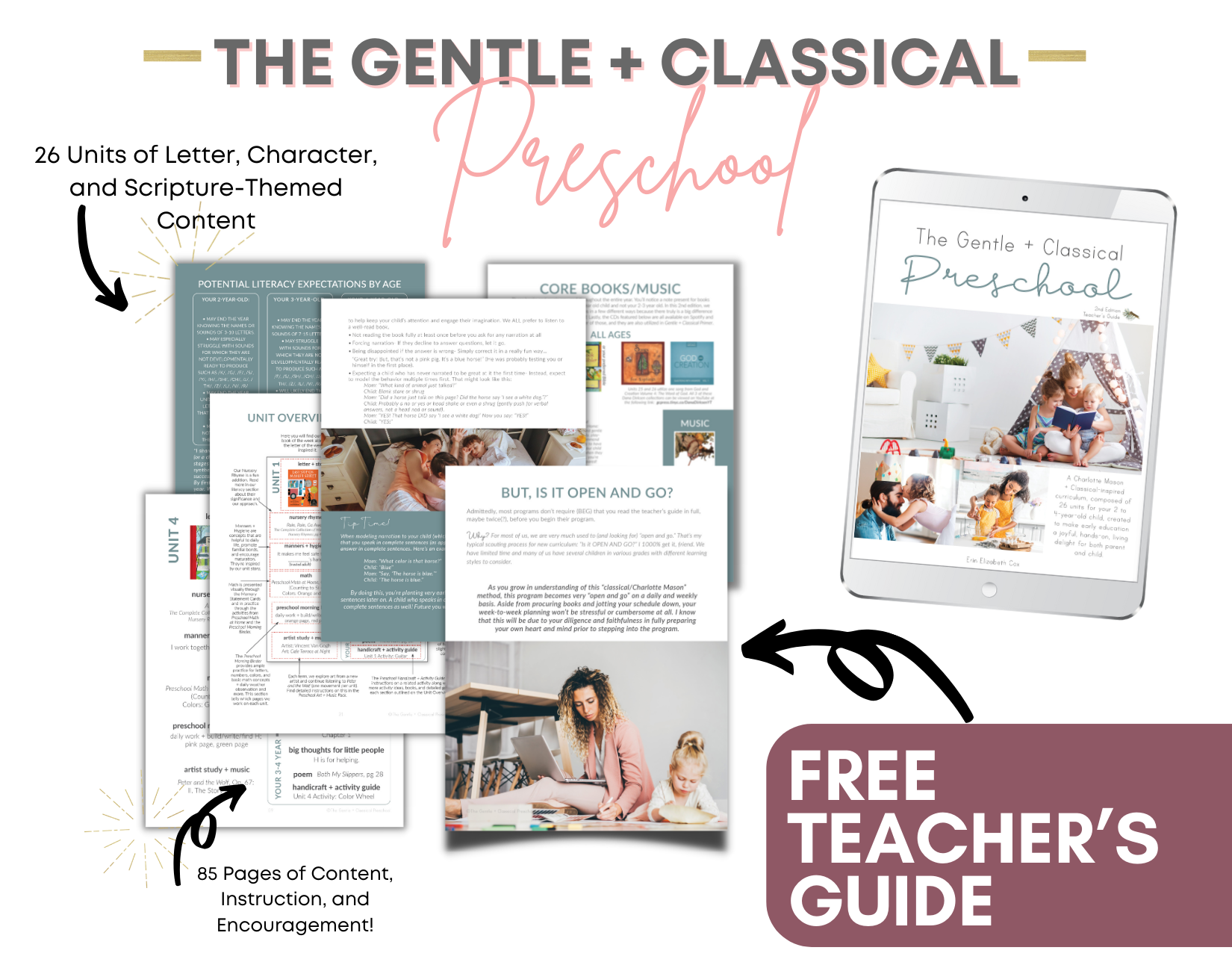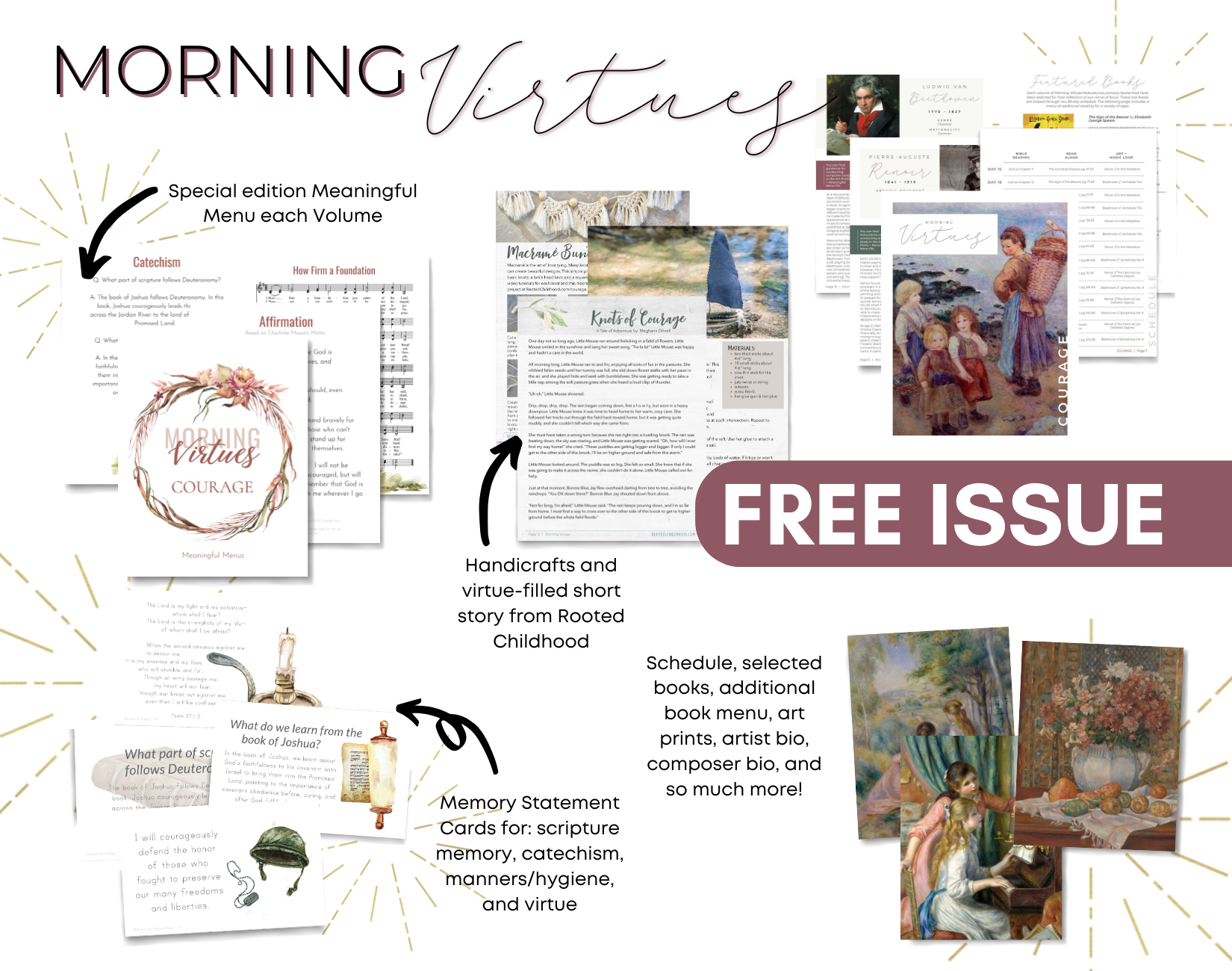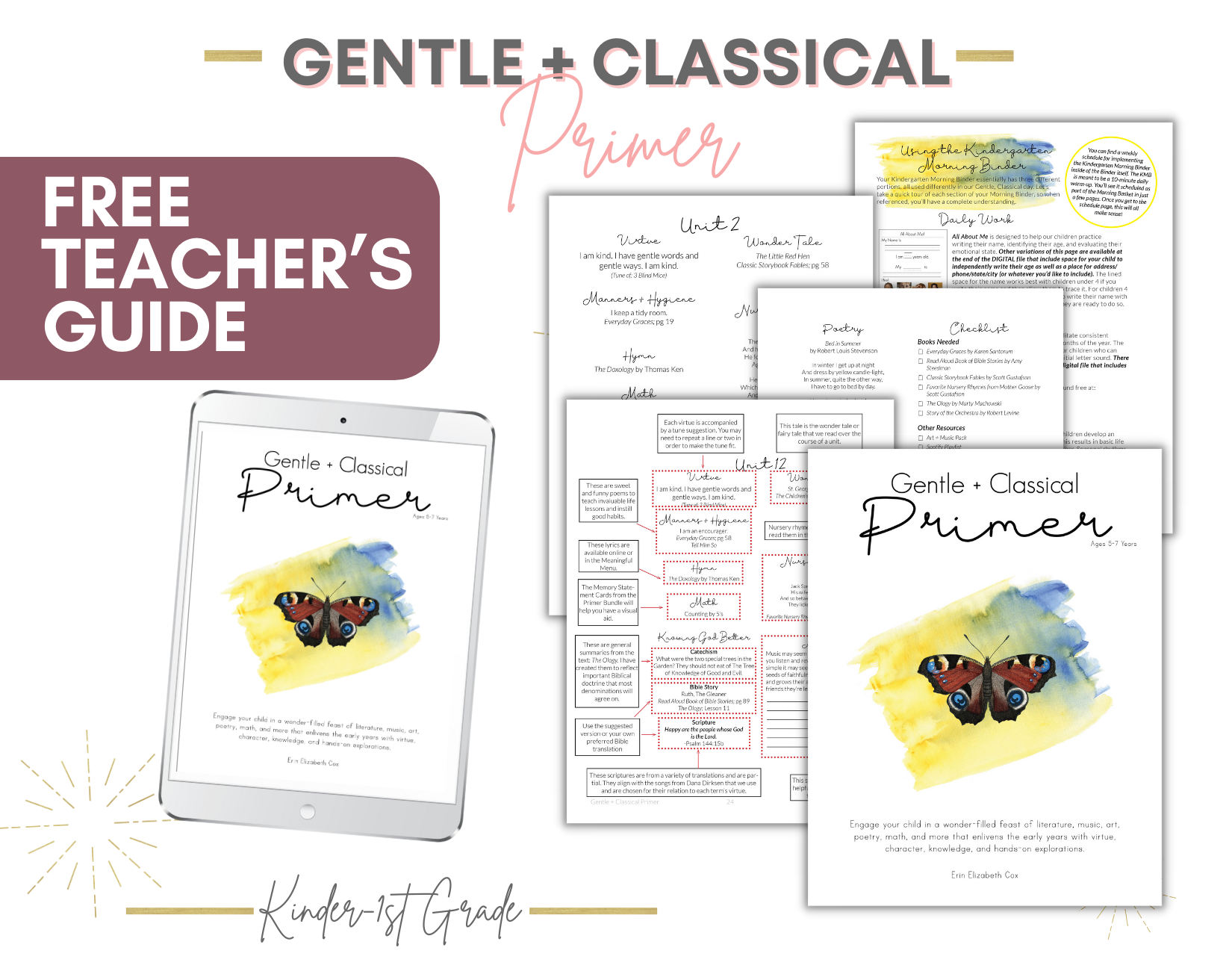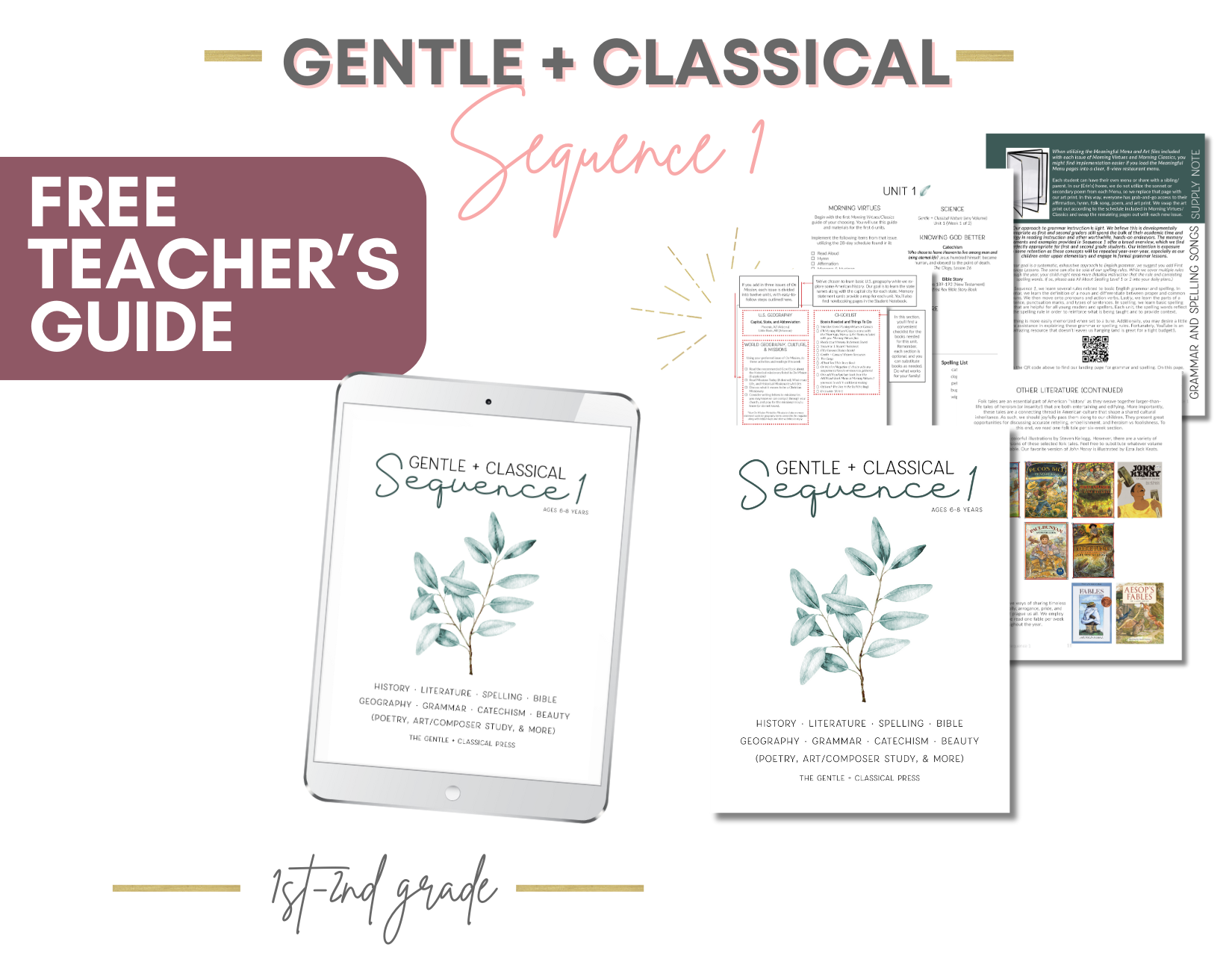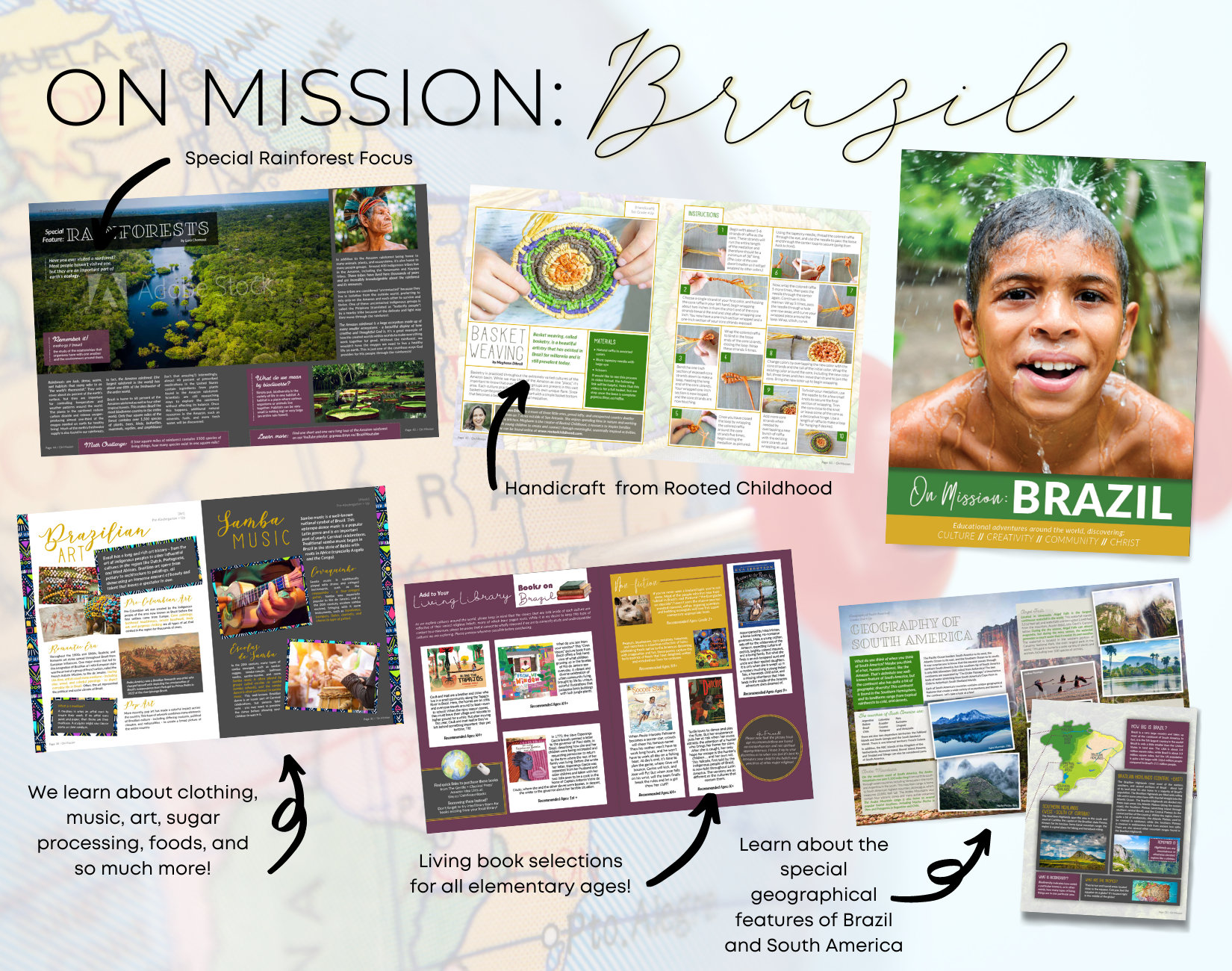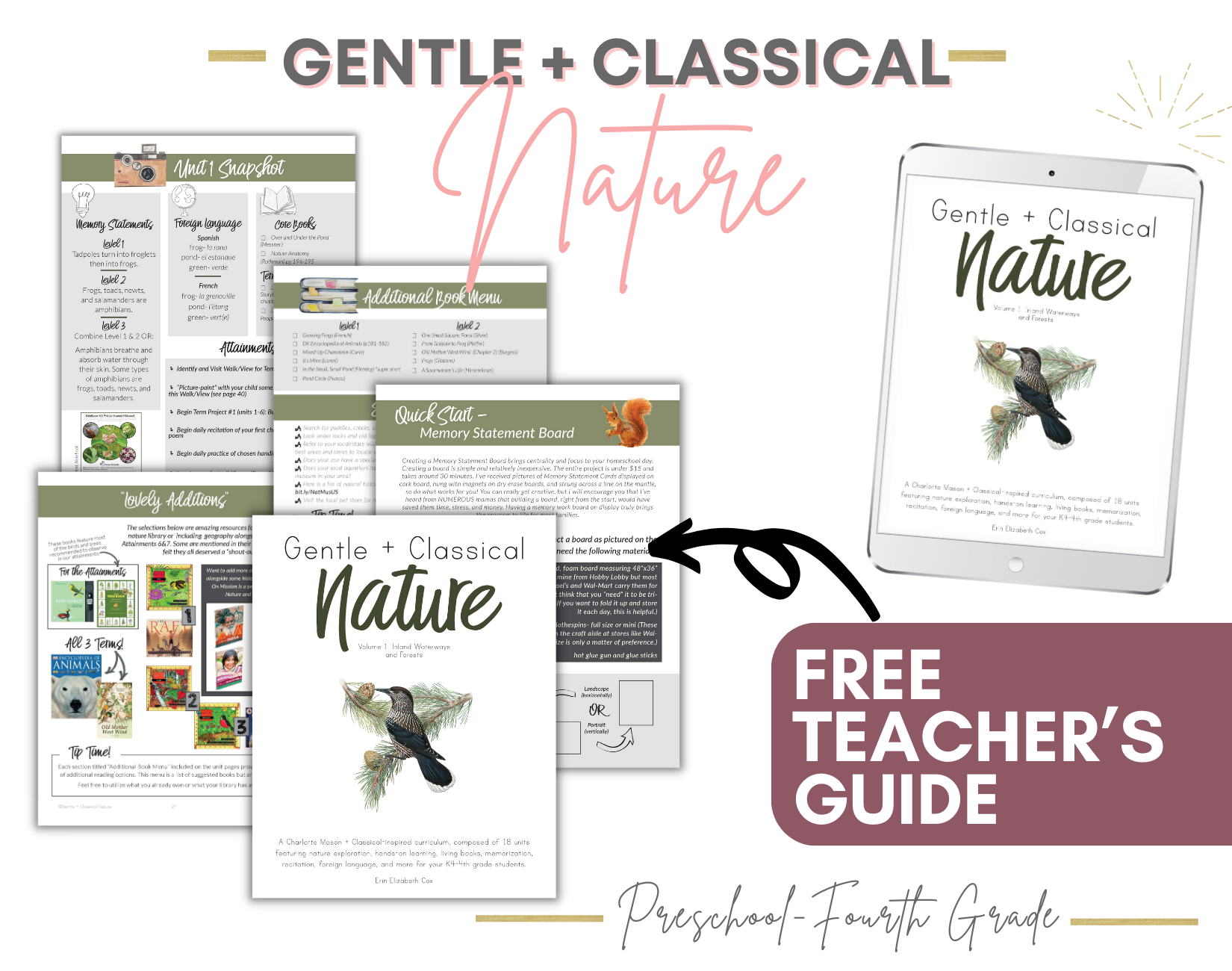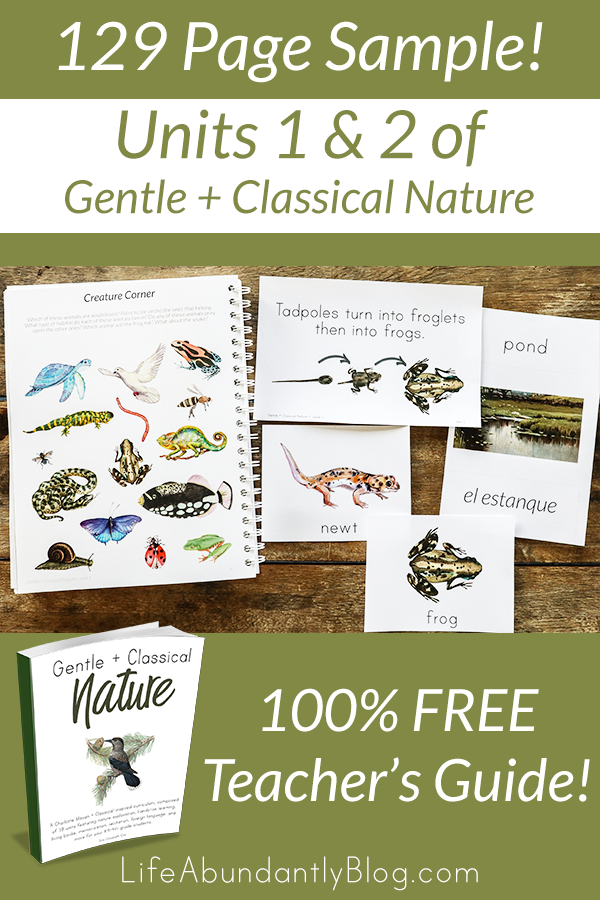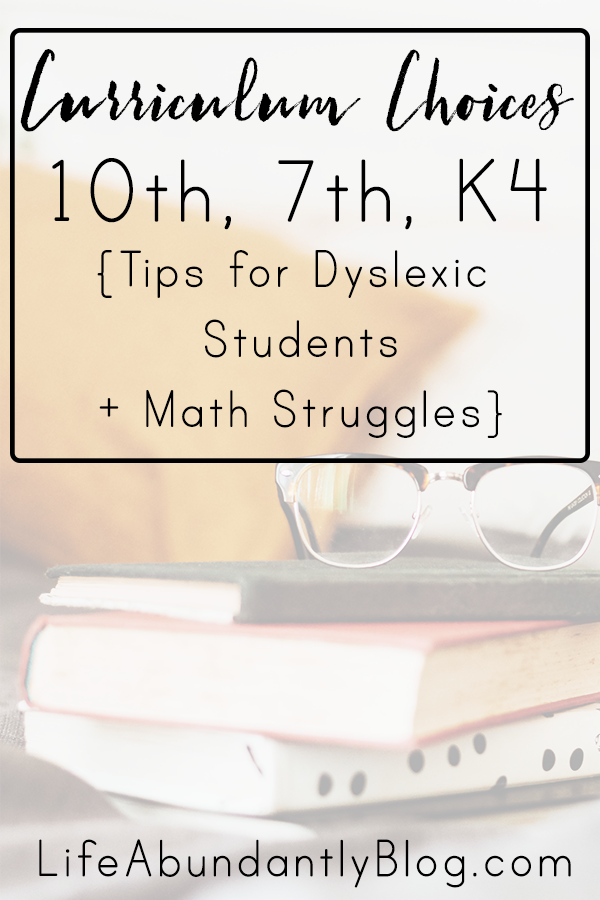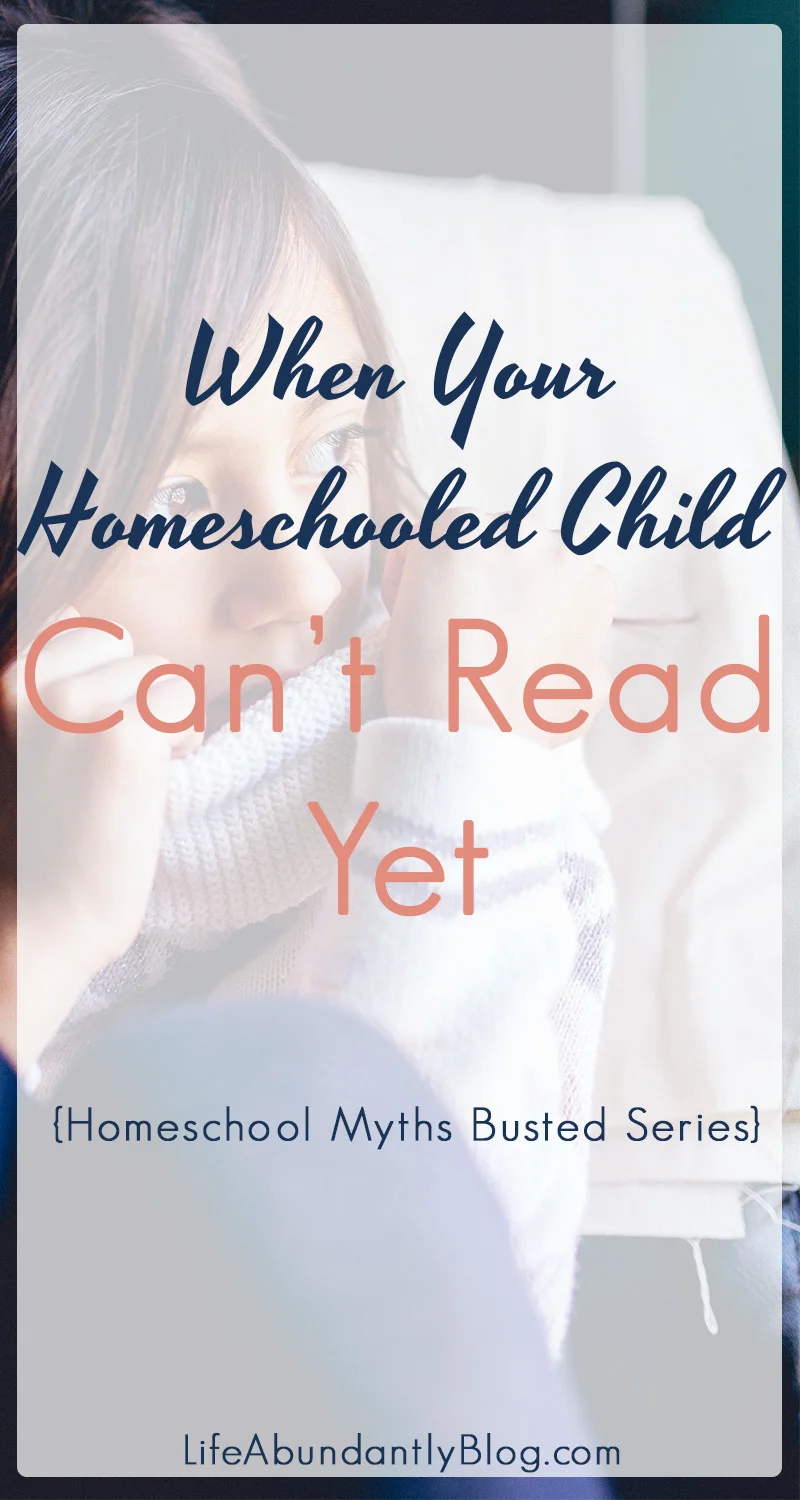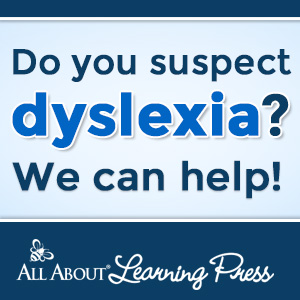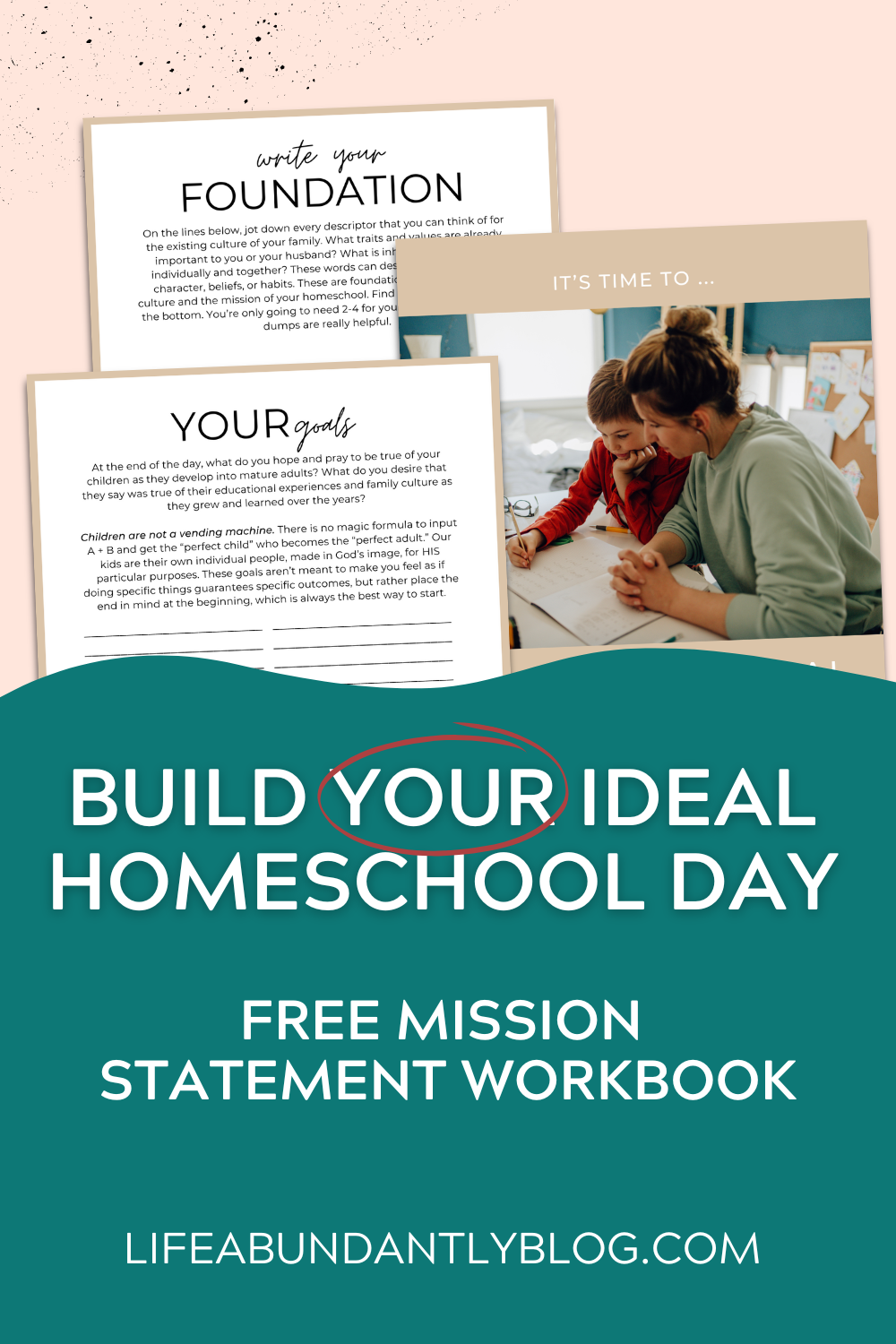How to Homeschool Preschool {with no regrets!}
/There's nothing as delightful (and challenging!) as educating our little ones at home. Some of us homeschool preschool and intend to be "long haul" homeschoolers. Others may plan to send their child to school later, but want to make the most of their days with their sweet babes. As a Mama of 4 with 2 toddlers underfoot, I've had some experience in preschool and "toddler school". I've made many mistakes, but I've also learned some valuable lessons that help me approach educating my two little ones with a "no regrets" mentality.
Here are 5 tips to approach those early years that you won't regret!
Tip #1- Play. Play. Play.
A child's education is their PLAY. I know that's a little "duh" but sometimes, in our angst to make sure our little one doesn't get "behind", we want to sit them down for formal bookwork as early as possible.
I'm ALL FOR early education. I once read that 15 minutes of instruction with a toddler brings a return of 2 hours of saved instruction later. I'm not sure if that's perfectly true, but I've definitely experienced it. That said, there's NO skill that we can teach that will trump simple, open-ended play. When they play, they move, imagine, experiment, and experience sensory input. We cannot begin to create a faux version of everything our little ones can experience when they play uninterrupted- especially OUTSIDE.
Their health, their brains, their happiness (and thusly ours!), and their ability to learn and remember is ALL rooted in being out of doors as often as possible. (Can you tell I love Charlotte Mason?) I also highly recommend the books "Smart Moves: Why Learning is Not All in Your Head" by Carla Hannaford and "Last Child in the Woods" by Richard Louv.
Another wonderful point, aside from play, is to INVOLVE them in as much actual life as possible. Sometimes (who am I kidding- most of the time) this makes our lives harder. It does. But it reaps a bountiful reward in their motor skills, logic, and confidence. I've created a great little printable for you to download from the Practical Joy Resource Library to help create opportunities for independence in your toddler.
Tip #2- Cultivate appropriate expectations (and avoid comparison).
Children are incredibly asynchronous. I find that they tend to alternate their areas of growth. For example, my toddler didn't begin walking and using multi-word phrases in the same week. One came before the other. It seems they put all of their developmental effort into one little niche (hit some milestones), then take a little rest, and go for it in another area. And they are ALL different- siblings or not.
Mama, you'll save yourself a million heartaches if you avoid comparing your child to another one on earth, even siblings. Praise God for your child and all of his special abilities, and don't worry about what he's not doing that someone else's child is. Just love your little one for who HE is, and wait with anticipation for who God is creating him to be. Unless there is an actual developmental issue (always consult your doctor with concerns), he WILL learn everything he needs to- just in his own time.
Tip #3- Start math concepts early and be consistent.
This one is shocking to anyone who knows me! I actually want to help you avoid an error I made. Since I'm not a math person inherently, I was very relaxed with my two girls about math instruction. VERY relaxed.. and very inconsistent. I've received some advice from a friend whom I admire who said to choose one high quality math program early on and just stick with it.
By doing this, you will avoid potential gaps from curriculum jumping and save yourself a ton of headache down the road. Ask me how I know. I don't have high expectations for my preschooler to do advanced mathematics! I actually have low expectations, but the EXPOSURE to math has begun early around here and is consistent. I LOVE Preschool Math at Home by Kate Snow. It's super gentle, fun, and helps those of us who are NOT math people feel confident in these earliest skills. After this, we will move into Rightstart Math Level A (I love how Montessori it is), but I also LOVE Math U See!
Tip #4- Learning to read is actually NOT the most important skill your child will learn in the early years.
I know- this too is shocking. What's even more shocking is that the AGE that your child learns to read generally indicates... nothing. Research shows that a child who learns to read fluently at 8 is absolutely at no disadvantage to a child who began reading at 4. I'll push it further, per my own personal experience with dyslexia, and say a child of 10 doesn't miss out at ALL by not reading fluently before age 12. WHY? It's probably a pretty safe bet that a 10 year old who struggles to read won't sit around not receiving any type of education. That child will be read TO and also probably have access to audiobooks. I'm obviously not saying to NOT teach your child to read, but I am saying that this skill is NOT as hard or scary or overwhelming as we often fear it is. Comparison usually makes this a big deal when it isn't.
Teach your child their letters for as long as it takes for them to learn them. I'm a HUGE fan of All About Reading. Here's a full review. I would never choose a different program for teaching my child to read (I've tried almost all of them). Start with the Pre-Reading book around age 4 or 5... but if you don't start until age 6- your child will be OK! Just keep reading TO her! And make learning fun!
Tip #5- Memory work is incredibly helpful in the early years.
So this area is where I tend to diverge from being very Charlotte Mason into being more neo-Classical. I love Classical education (read "The Well Trained Mind" by Susan Wise Bauer and Jessie Wise for the BEST information on this philosophy), and I have seen incredible fruit in my own older children from having consistent, rich memory work from early on. However, I always encourage that any memorization be in the form of recitation (of beautiful poems and nursery rhymes) and NOT be out of context from what your child is learning in the rest of their work.
My only issue was that I could not find classical memory work appropriate for young preschoolers (ages 2-5)... so I made it myself! It's called The Gentle + Classical Preschool, and it's available NOW 100% FREE!

